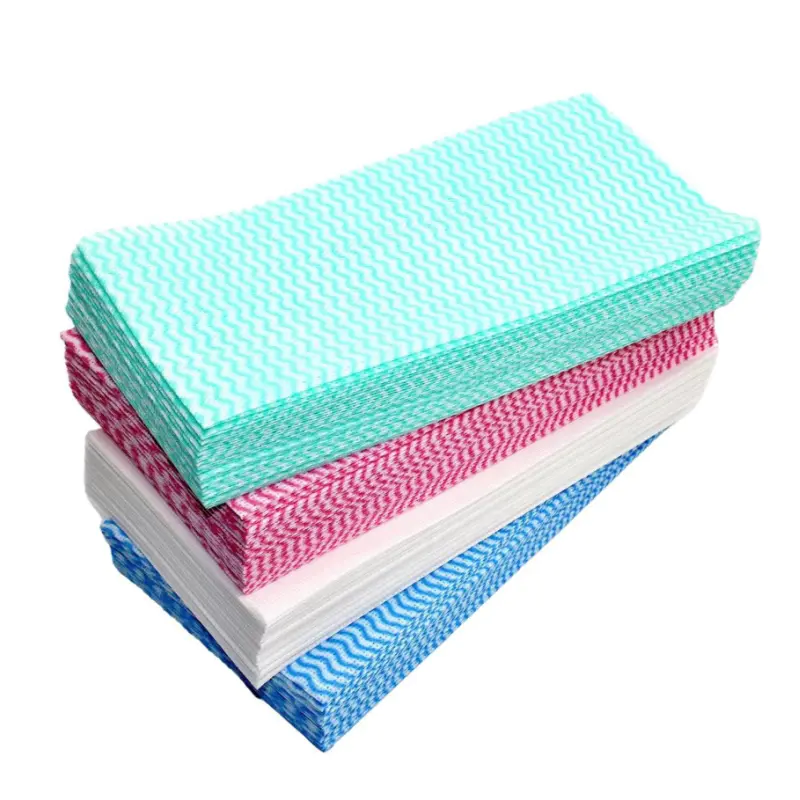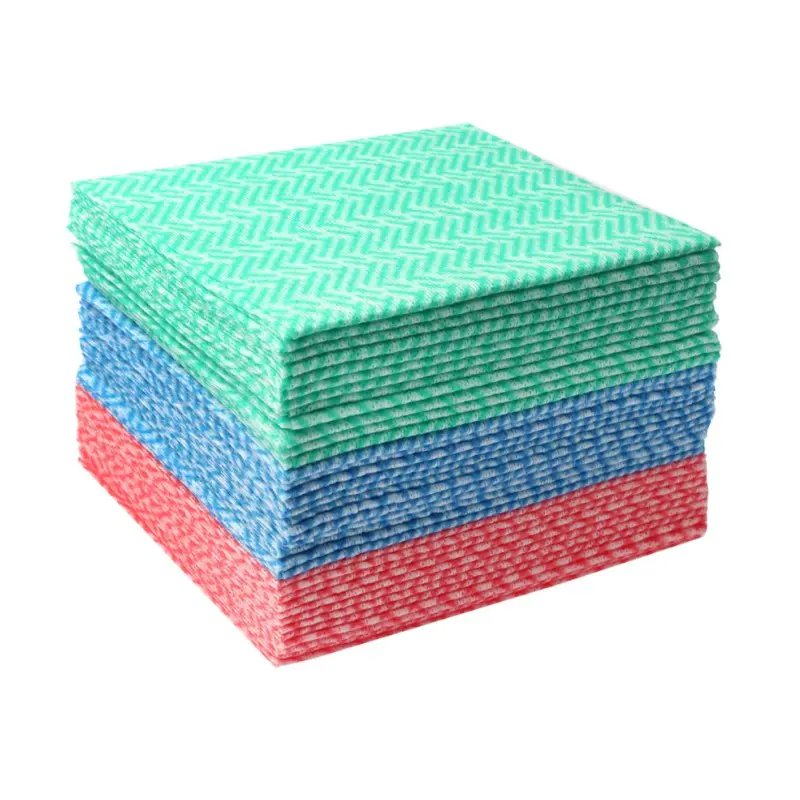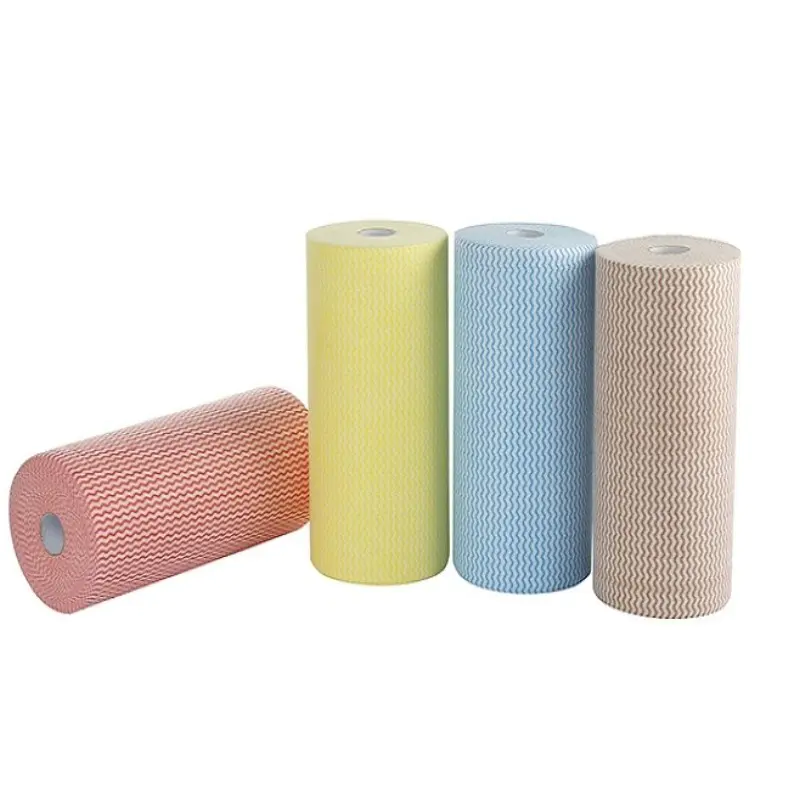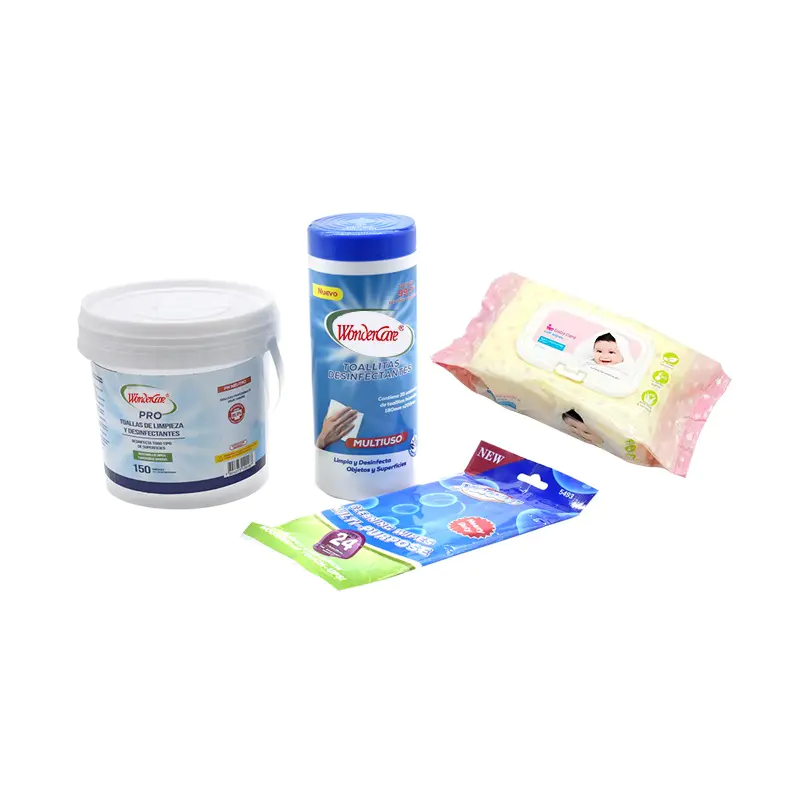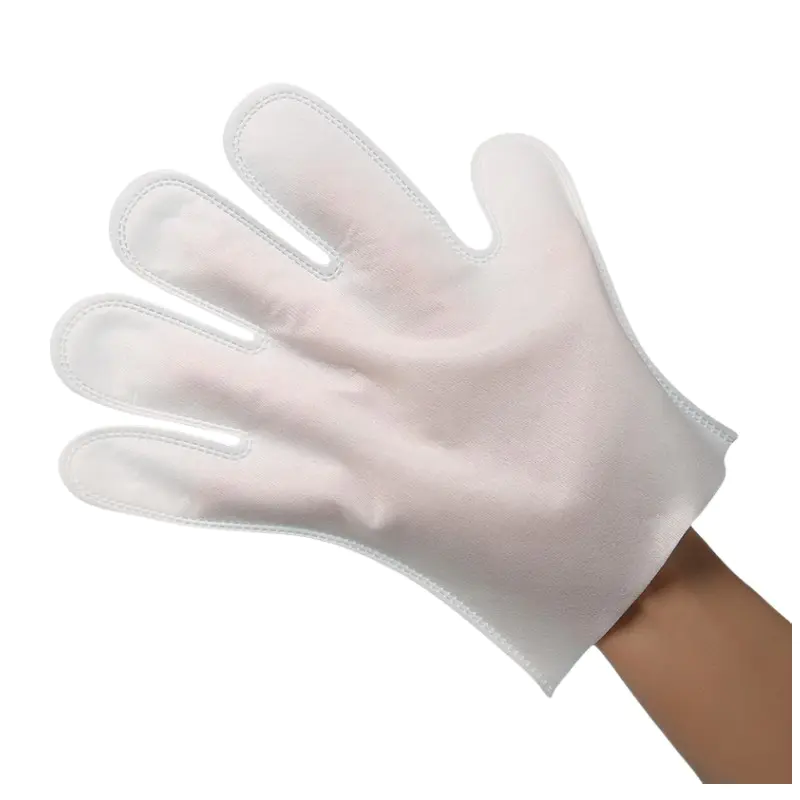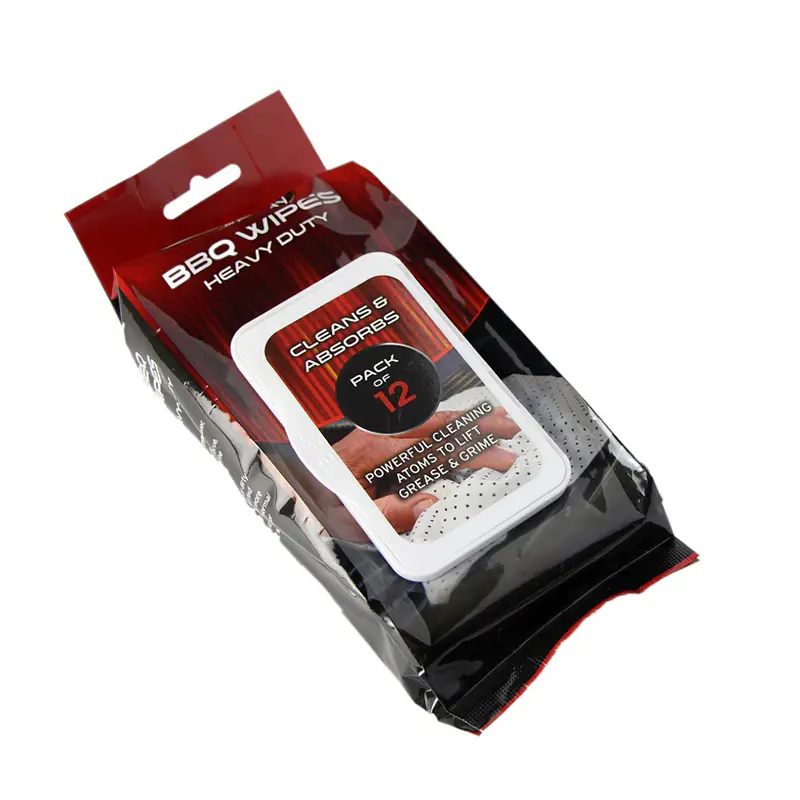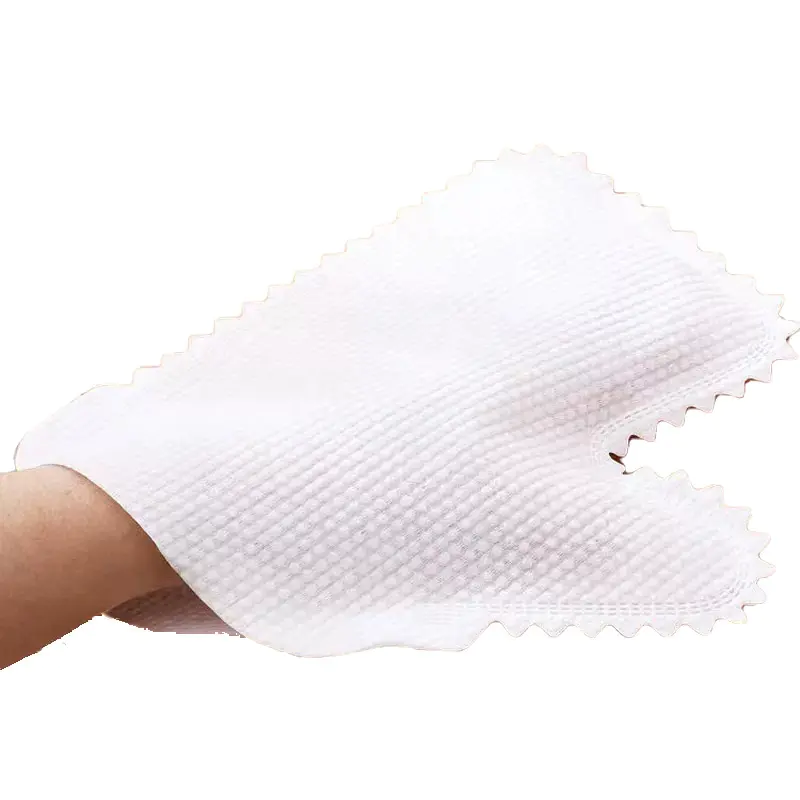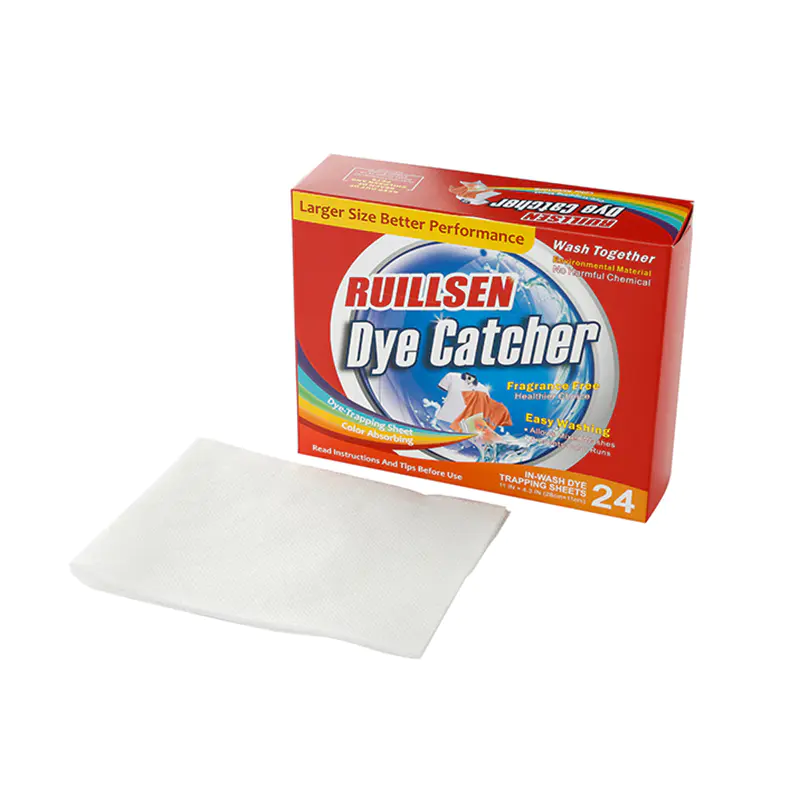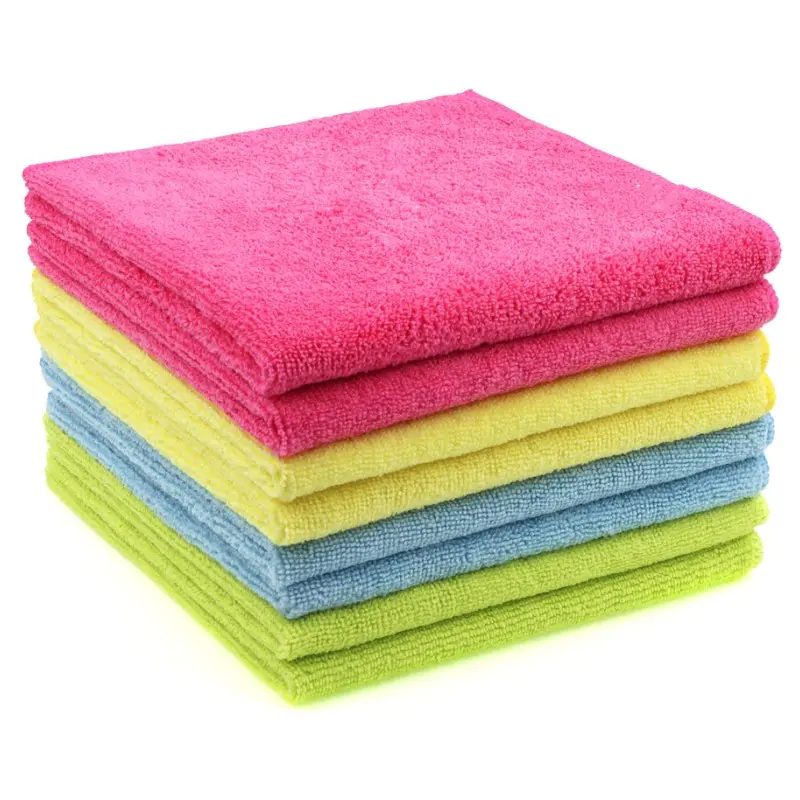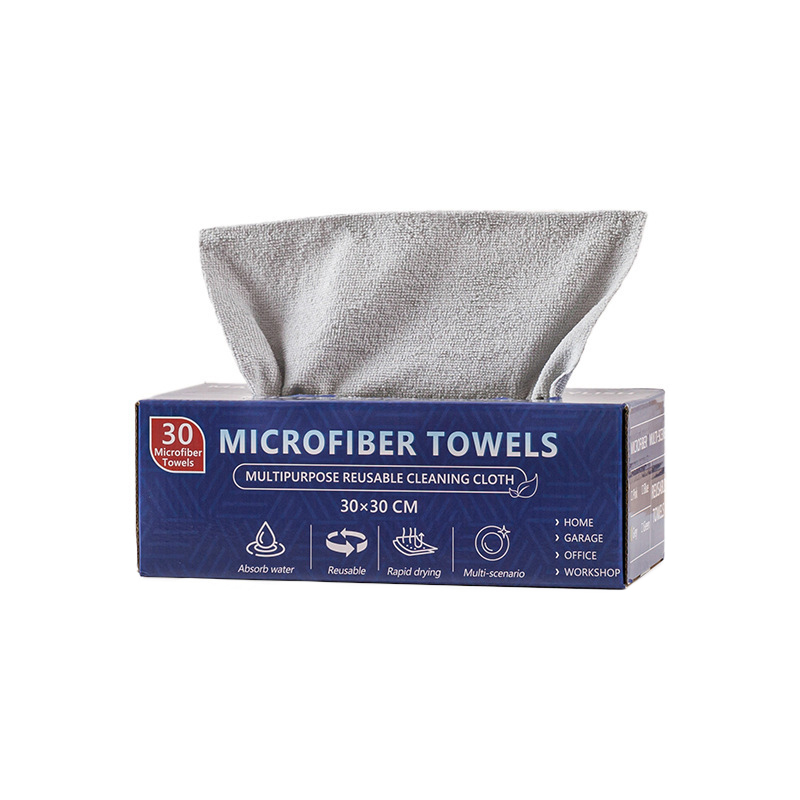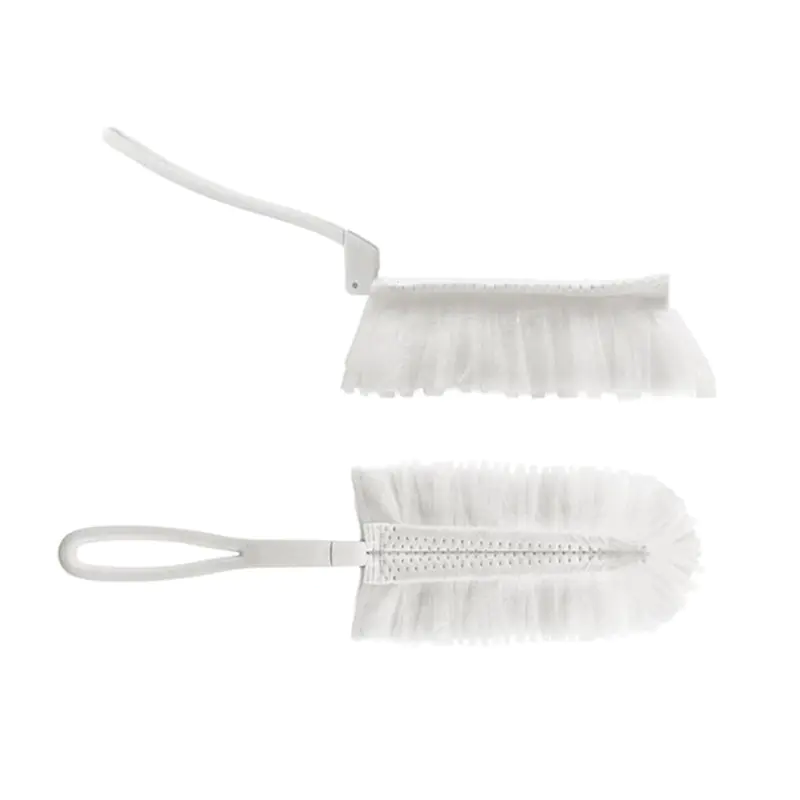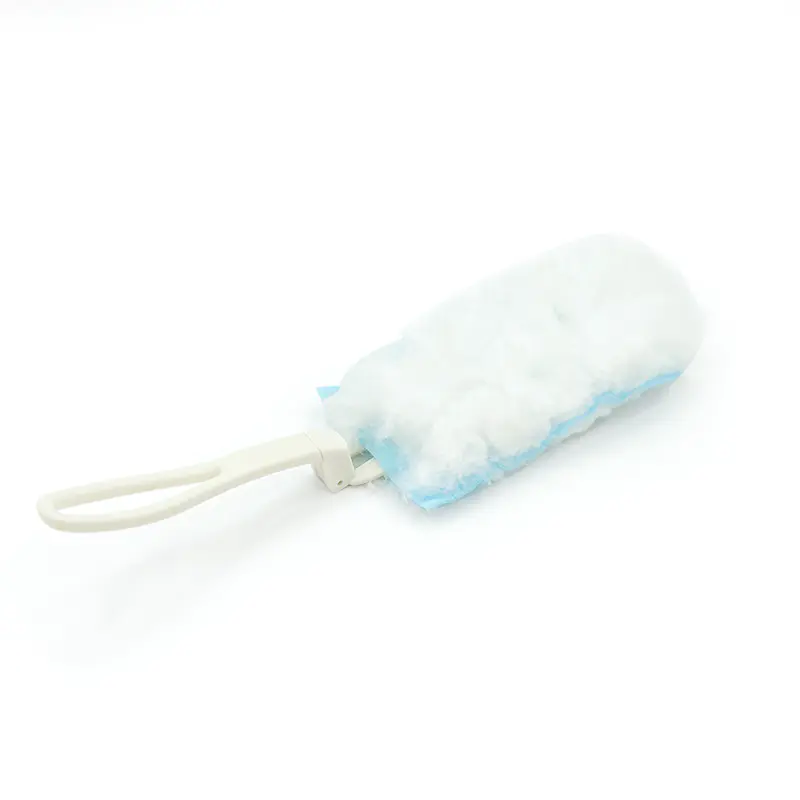Cooking oil filter papers are typically made from materials like cellulose, cotton, or other food-grade fibers designed to be safe for use with food products. However, whether they contain chemicals or additives that could affect the safety of the filtered oil depends on the specific type and quality of the filter paper. Here are some considerations:
Material Composition:Food-Grade Materials: High-quality cooking oil filter papers are usually made from 100% natural, food-grade materials like cellulose or cotton fibers. These materials are considered safe for food contact and do not leach harmful chemicals into the oil.Synthetic Additives: Some lower-quality filter papers may contain synthetic fibers or additives to improve strength, durability, or heat resistance. These additives could potentially leach chemicals into the oil, especially at high temperatures.
Bleaching and Processing Agents:Bleached vs. Unbleached Papers: Some filter papers are bleached to achieve a white appearance. Chlorine or other chemical bleaching agents could potentially leave residues on the paper. Although the amounts are generally minimal and within safety limits, unbleached filter papers are often preferred for those concerned about chemical exposure.Processing Agents: Certain filter papers may be treated with sizing agents, binders, or other processing chemicals to enhance their filtration performance or durability. Depending on the type and concentration of these agents, there may be a risk of contamination.
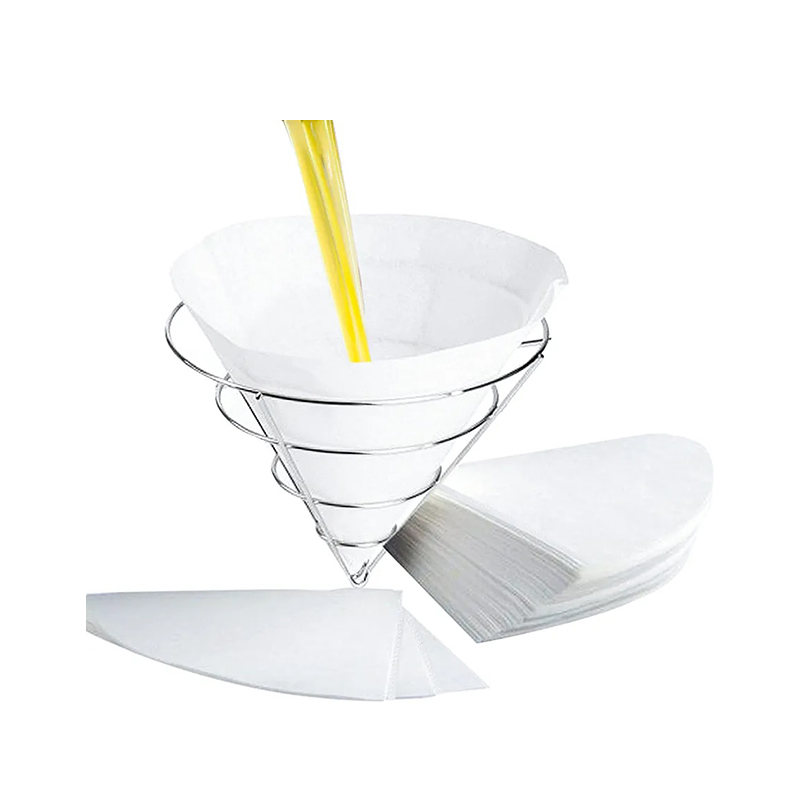
Heat Resistance and Coatings:Heat-Resistant Coatings: Some filter papers are treated with heat-resistant coatings or agents to improve their performance in high-temperature environments. While these coatings are usually food-safe, they can vary in composition, and certain coatings may pose a risk if they break down at very high temperatures.Non-Stick or Water-Repellent Additives: Some filter papers may have non-stick or water-repellent coatings that could affect their interaction with oil. It's essential to verify that such coatings are food-safe and do not contain chemicals like PFAS (per- and polyfluoroalkyl substances), which can be harmful.
Quality Standards and Certifications:FDA and EU Food Contact Compliance: High-quality cooking oil filter papers are often certified to comply with food contact safety standards, such as those set by the FDA (U.S. Food and Drug Administration) or the European Union. These certifications indicate that the filter papers are free from harmful chemicals and additives.Third-Party Testing: Reputable manufacturers may conduct third-party testing to ensure their products do not contain harmful chemicals or additives. When selecting filter papers, looking for certifications like ISO, NSF, or similar quality marks can provide assurance.
Consumer and Industry Concerns:Chemical Migration: Even if cooking oil filter papers contain additives or coatings, the risk of chemical migration into the oil depends on factors like temperature, time of exposure, and the specific chemicals involved. Properly certified filter papers are designed to minimize this risk.Market-Specific Regulations: Different countries or regions have varying regulations on food contact materials. It is essential to check if the filter papers comply with local regulations, especially when purchasing from international suppliers.
Choosing Safe Filter Papers:Opt for Reputable Brands: To ensure safety, choose cooking oil filter papers from reputable brands that provide detailed information about their materials and processing methods.Check Product Labels: Look for labels indicating food-safe, unbleached, and chemical-free products. If the product description is vague or lacks details, it may be best to consider other options.
While high-quality cooking oil filter papers are generally safe and free from harmful chemicals or additives, some lower-quality products may pose a risk, especially if they contain synthetic additives, coatings, or processing chemicals. It is important to select filter papers that are certified for food safety, preferably from reputable manufacturers, to ensure that the filtered oil remains safe and uncontaminated.

 English
English Español
Español